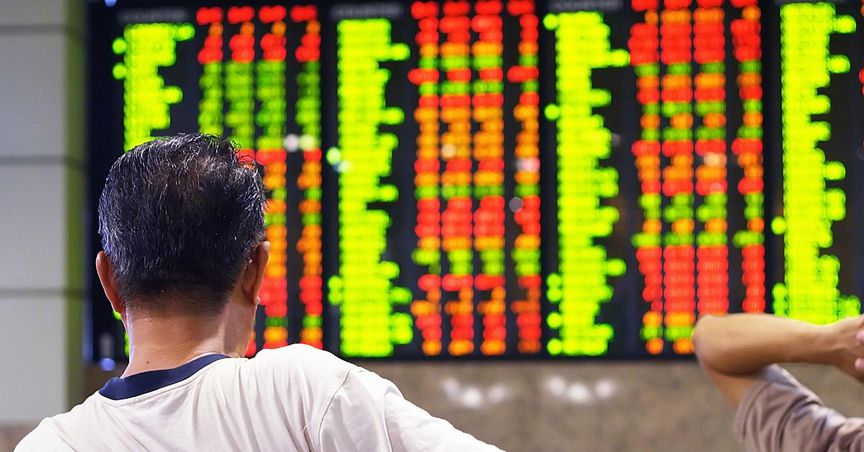Highlights
- UK shares opened marginally lower on 18 October, tracking subdued Asian peers
- FTSE 100 fell 0.15%, while mid-cap reflector FTSE 250 traded slightly down
UK shares opened marginally lower on Monday, 18 October, tracking the subdued Asian peers after China reported a sub-5% growth in the GDP in July-September quarter. Weakening economic growth for one of the fastest growing economies certainly exhibits the tightened business environment and the wide range of difficulties faced by the enterprises, at a time when most of the operative restrictions have been eased by all the major economies.
According to the London Stock Exchange, the FTSE 100 traded at 7,223.50, down 0.15% from the previous close of 7,234.03. Earlier on Friday last week, the benchmark index managed to hit a fresh 52-week high on the counters after the London equities staged a steady comeback on the back of value-buying supported by the earnings optimism.
The mid-cap barometer FTSE 250, the wider share indicators traded in a much similar fashion as all the indices were hovering in the negative territory with losses capped below 0.20%. FTSE 250 dropped 0.04% to 22,976.48, FTSE 350 shed 0.17% to 4,134.86, while FTSE All-Share declined 0.17% to 4,117.14.
The industry-wide shortages of semiconductor chips, technical components and other raw materials have severely disturbed the overall manufacturing output in Mainland China, as the total output in the third quarter of present calendar year only managed to grow by a meagre 0.2%.
Also Read | How supply chain crisis is affecting the economic recovery
The manufacturing growth was higher in the April-June quarter, even when the number of the pandemic curbs and other social distancing norms were higher across the globe. The July-September quarter ended as one of the weakest three-month periods in the last one decade.
Alongside this, the weakening trajectory of construction orders due to the ongoing probe in the property market has also contributed to the slowdown, at a time when the nation’s second-largest property developer Evergrande Group is battling to subside the massive debt burden of $305 billion.
However, the restructuring plans at the corporation are underway as the grace period for the missed interest payments near its end. Extensively disoriented supply chain and logistics systems have fueled the de-growth. Though the situation is highly likely to normalise in the upcoming term as authorities rigorously work towards reviving the lost momentum from within the industries.
Also Read | Whitbread (WTB), Wetherspoon (JDW) & IHG: 3 hospitality stocks to buy
On the contrary, the falling rate of unemployment and rising retail sales have helped in counterbalancing the resultant dejection from the slowing economic growth in China, effectively minimising the fears of investors worldwide.
According to the National Bureau of Statistics of China, urban unemployment declined to a fresh 33-month bottom of 4.9% in September of 2021 from 5.1% in August. Supplementing the economic recovery, the retail sales in China have grown by 16.4% in the nine months to September 2021 as compared to similar nine-month stretch of 2020.
In the month of September itself, the net quantum of retail sales surged by 4.4% as compared to the same month a year earlier. The increasingly improving consumption clearly indicates the enhanced spending patterns as the healthcare administration manages to control the suspected Covid-19 outbreaks in the country.



